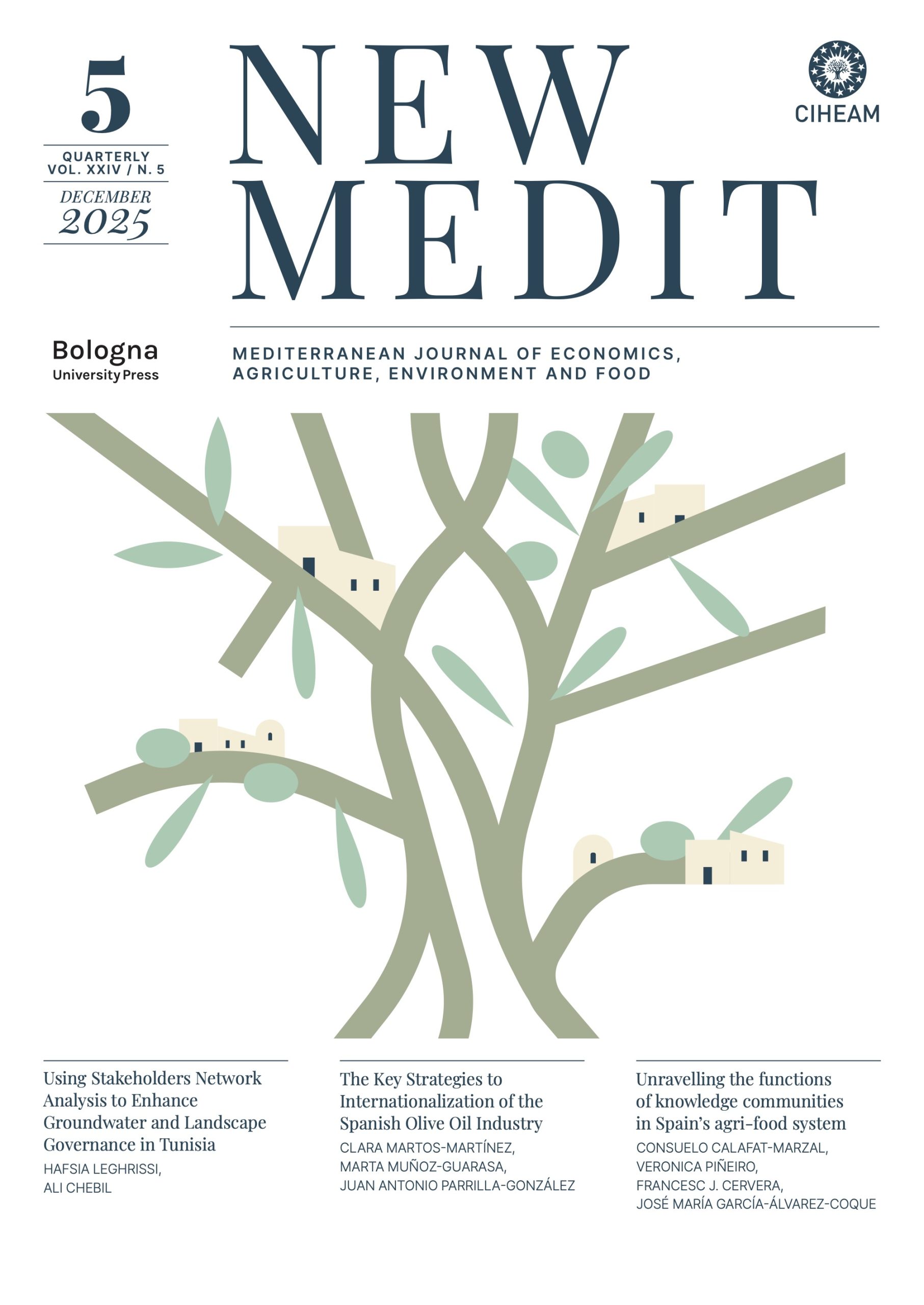The previous EU political cycle 2019-2024 ushered in the European Green Deal on a wave of activism around climate change and environmental challenges. This was also reflected in ambitious targets for a transition to a more sustainable food and agriculture system. The 2024-2029 political cycle starts in a very different political context emphasising food security, competitiveness and farm income concerns against the background of Europe-wide farm protests.
This article addresses how this changed political climate can affect the prospects for making further progress in implementing the European Green Deal in agriculture and food. It argues that Green Deal objectives have not been abandoned but foresees that future implementation will emphasise more just transition principles rather than the polluter pays. This implies a need to find additional financing to support the transition to more sustainable farming practices, but there are evident limits on the availability of public resources as well as on securing additional funding through the food supply chain. The solution may require recognising the heterogeneity of the farming sector, applying the polluter pays principle to the large industrial farms that provide most of our food while implementing the just transition principle for the majority of smaller farms.











